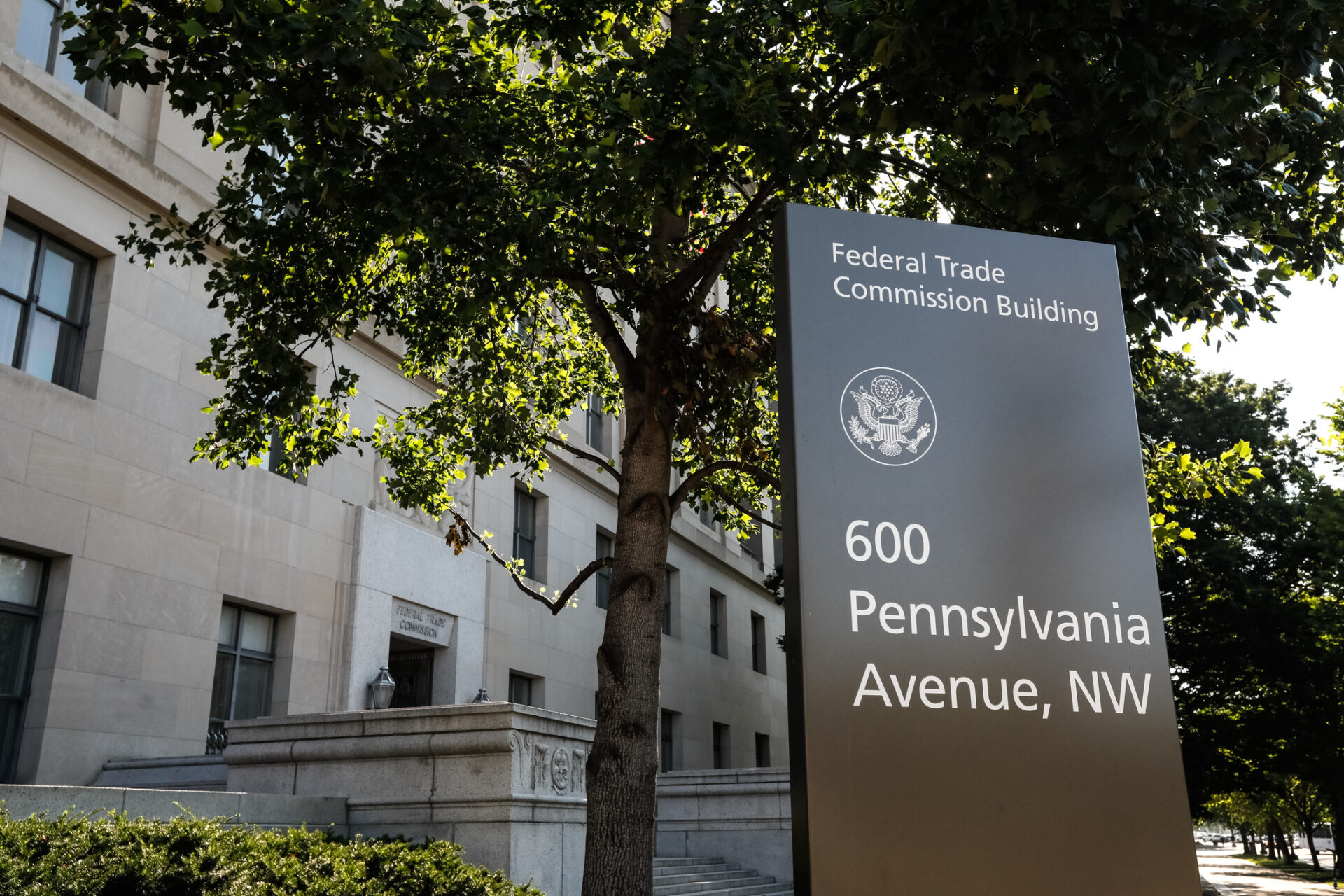On April 16, 2024, the Federal Trade Commission (FTC) amended its Telemarketing Sales Rule (TSR). Some changes are kicking in in May, and a major change to your recordkeeping requirements are coming up in October 2024.
These changes will apply certain provisions of the TSR to B2B (business-to-business) telemarketing calls. The changes also add a definition for the term “previous donor.” This will limit previous donors that charitable-solicitation callers can call, and significantly increase telemarketers’ recordkeeping requirements. As a reminder, the TSR generally applies to “telemarketing,” which is defined as a “campaign . . . to induce the purchase of goods or services or a charitable contribution.”
Under the new rule, B2B telemarketing calls must comply with the prohibitions against sellers and telemarketers making: (1) certain material misrepresentations in the sale of goods or services; and (2) false or misleading statements to induce a person to pay for goods or services or induce a charitable donation. But the remaining B2B exemptions, like those exempting B2B sellers and telemarketers from complying with the TSR’s recordkeeping requirements, remain unchanged.
The most significant change to the TSR: Recordkeeping
The most significant change to the TSR with this final rule is the addition to the recordkeeping requirements. Essentially, the new rule expands and clarifies which records are necessary to demonstrate consent to a call, requires retention of promotional materials and telemarketing scripts, specifies formatting requirements for the records, and increases the record retention period to 5 years. FIVE YEARS.
Most crucially, your record of each and every telemarketing call you make must include:
- (i) The telemarketer that placed or received the call;
- (ii) The seller or person for which the telemarketing call is placed or received;
- (iii) The good, service, or charitable purpose that is the subject of the telemarketing call;
- (iv) Whether the telemarketing call is to an individual consumer or a business consumer;
- (v) Whether the telemarketing call is an outbound telephone call;
- (vi) Whether the telemarketing call utilizes a prerecorded message;
- (vii) The calling number, called number, date, time, and duration of the telemarketing call;
- (viii) The telemarketing script(s) and prerecorded message, if any, used during the call;
- (ix) The caller identification telephone number, and if it is transmitted, the caller identification name that is transmitted in an outbound telephone call to the recipient of the call, and any contracts or other proof of authorization for the telemarketer to use that telephone number and name, and the time period for
which such authorization or contract applies; and - (x) The disposition of the call, including but not limited to, whether the call was answered, connected, dropped, or transferred. If the call was transferred, the record must also include the telephone number or IP address that the call was transferred to as well as the company name, if the call was transferred to a company different from the seller or telemarketer that placed the call; provided, however, that for calls that an individual telemarketer makes by manually entering a single telephone number to initiate the call to that number, a seller or telemarketer need not retain the records specified in paragraphs (vii) and (x) of this section.
The rules also prescribe how these duties can be allocated between sellers and their telemarketers.
If your allocations aren’t clearly made, both telemarketers and sellers have to preserve these documents.
There is a new safe harbor for telemarketers who can demonstrate that they have compliance mechanisms established and correct any inadvertent errors within 30 days. But the recordkeeping requirements are extensive, and violations of the TSR can carry penalties of over $50,000.00 per call.
Most of these new requirements will go into effect on May 16, 2024. Except for the record-retention requirements for each individual call outlined above, which will become effective on October 15, 2024.
If you engage in telemarketing, it is crucial to understand these new rules and implement compliance protocols before this new amendment takes effect.
This is not legal advice. You should consult a qualified attorney for your compliance needs.
Joe Bowser
Joe Bowser is a partner at Roth Jackson. He has been practicing communications and marketing law for two decades. He advises and defends calling and SMS platform providers (like Readymode), carriers/VoIP providers, and heavy users of those services in their wide range of compliance needs. In his spare time, you can find him taking his boys to their sports, getting in a workout of his own, or catching an Arsenal match.









